
What’s the Point of the Optional Themes in ToK?
After teaching the most recent iteration of the ToK course a few times I have started to ask What’s the point of the Optional Themes in ToK? Given that these themes are not formally assessed, it can seem like they require additional work for little tangible reward.

Skills in ToK
If you’ve been following TOK Today for a while, you’ll know that I have a particular interest, perhaps even a slight obsession, with the role of skills in TOK. Today’s post is both an appeal for your involvement and an exploration of why these skills are crucial for success in the TOK course.
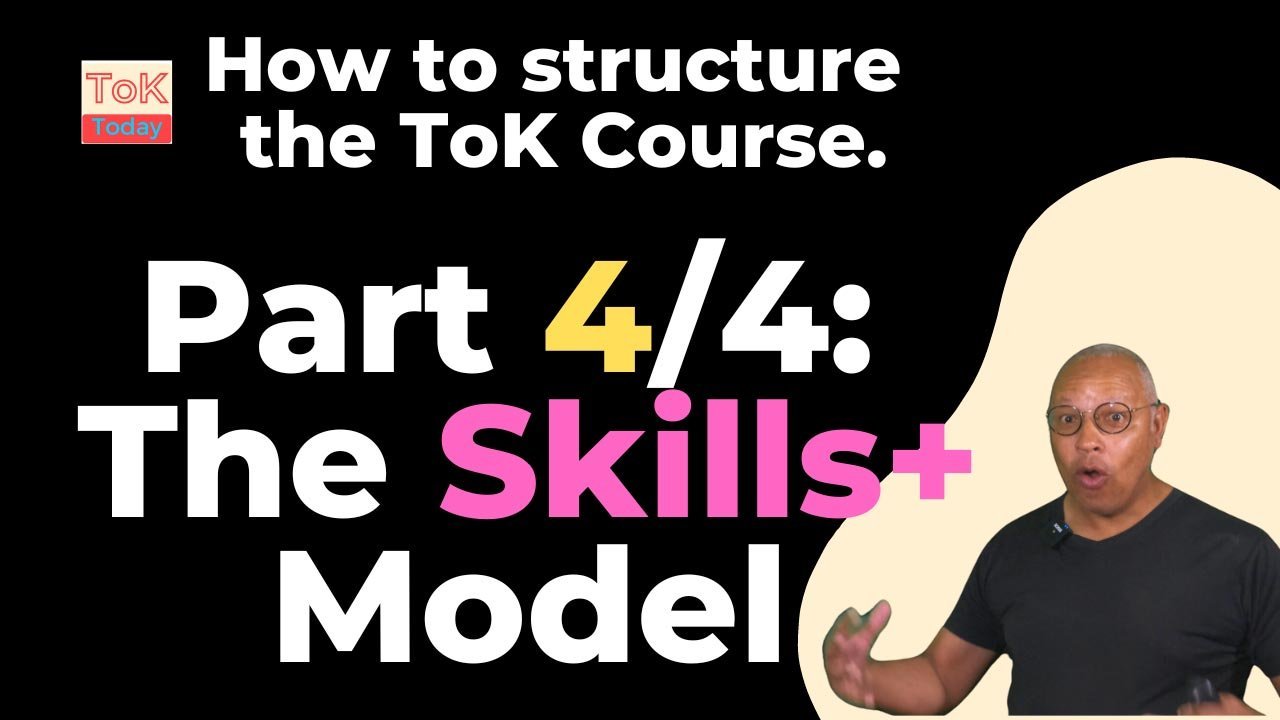
How to Structure ToK Course: The Skills+ Model
This is the fourth blogpost (4/4) in our series on how to structure the Theory of Knowledge (ToK) course. In this post we look at using the Skills+ Model.
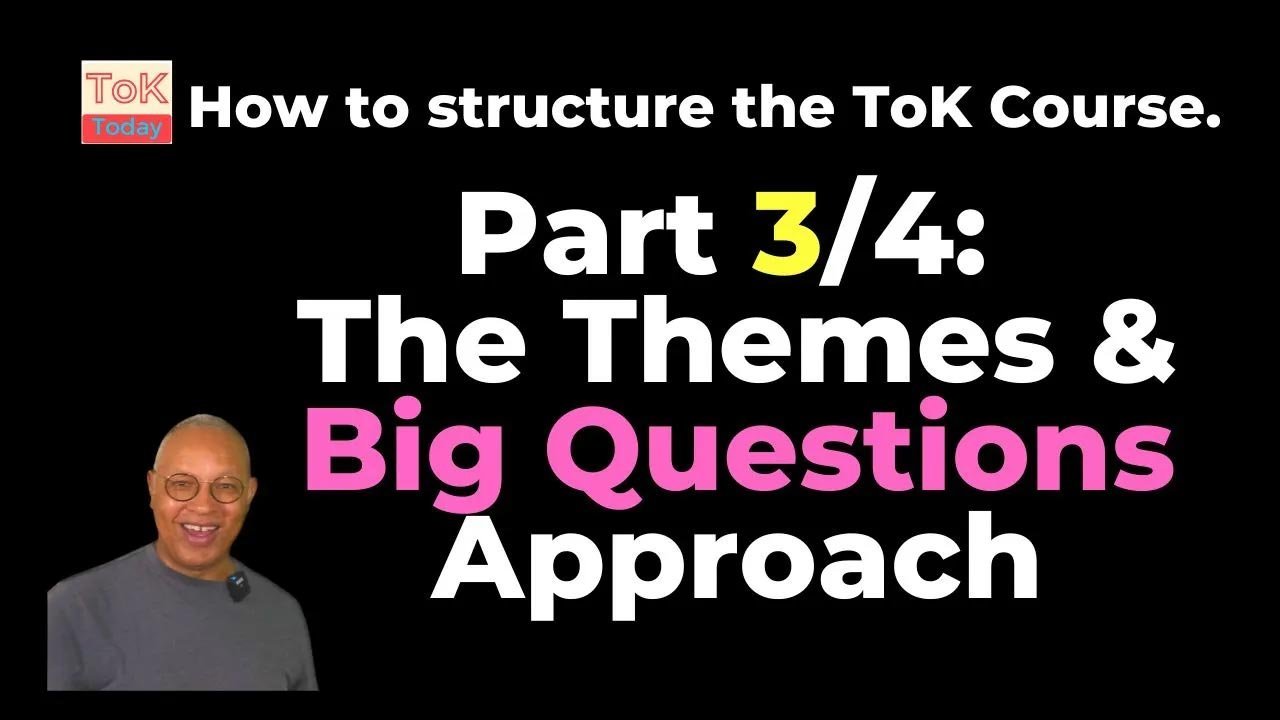
How to structure the ToK Course 3/4: Themes & Big Questions Approach
In this model we look at The Themes & Big Questions Approach
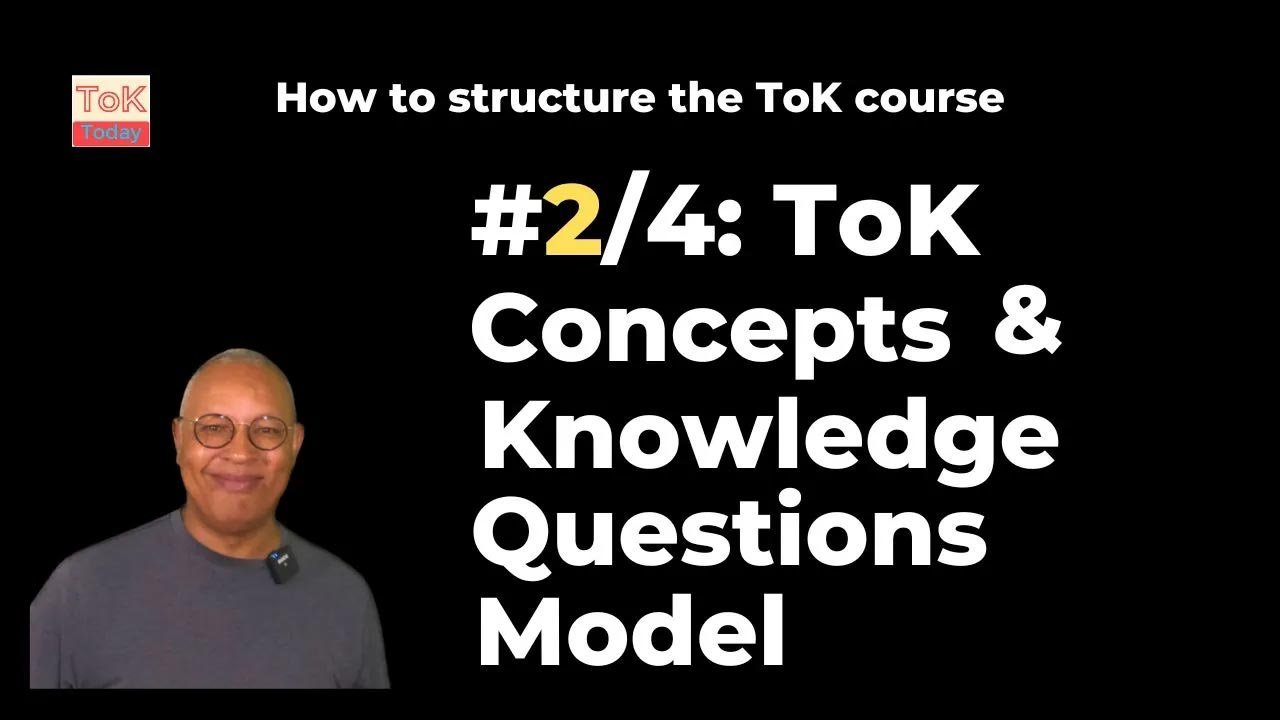
How to structure the ToK Course 2/4: ToK Concepts & Knowledge Questions Model
In this model, we look at The ToK Concepts and Knowledge Questions Model.
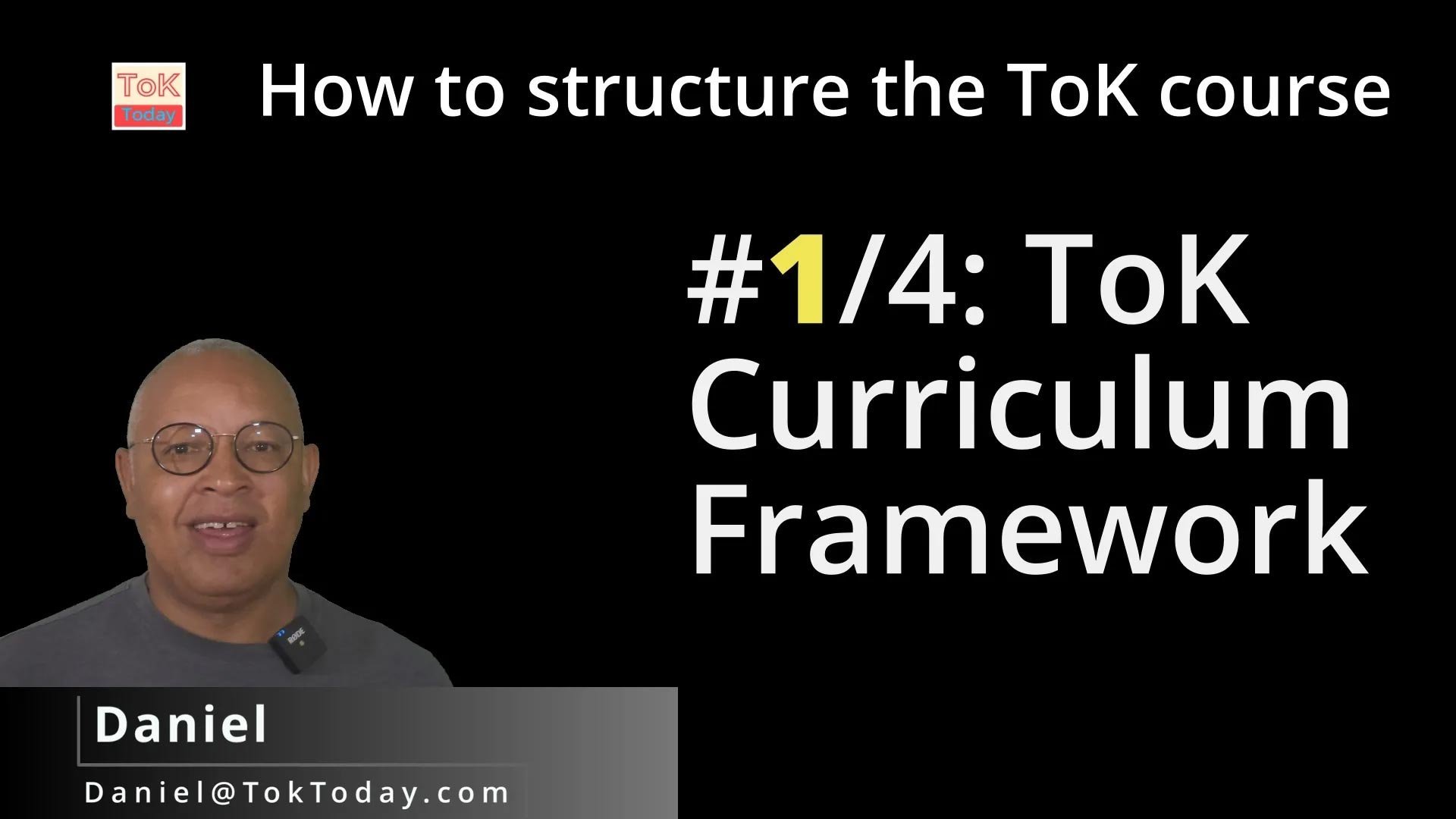
How to Structure the ToK course – #1/4 ToK Curriculum Framework
In this first blog, we’ll explore one of the most popular ways to design your ToK curriculum: structuring according to the ToK Curriculum Framework.

A little favour
Please could I ask all ToK students and teachers who have used TokToday resources to give me some feedback using the survey below.
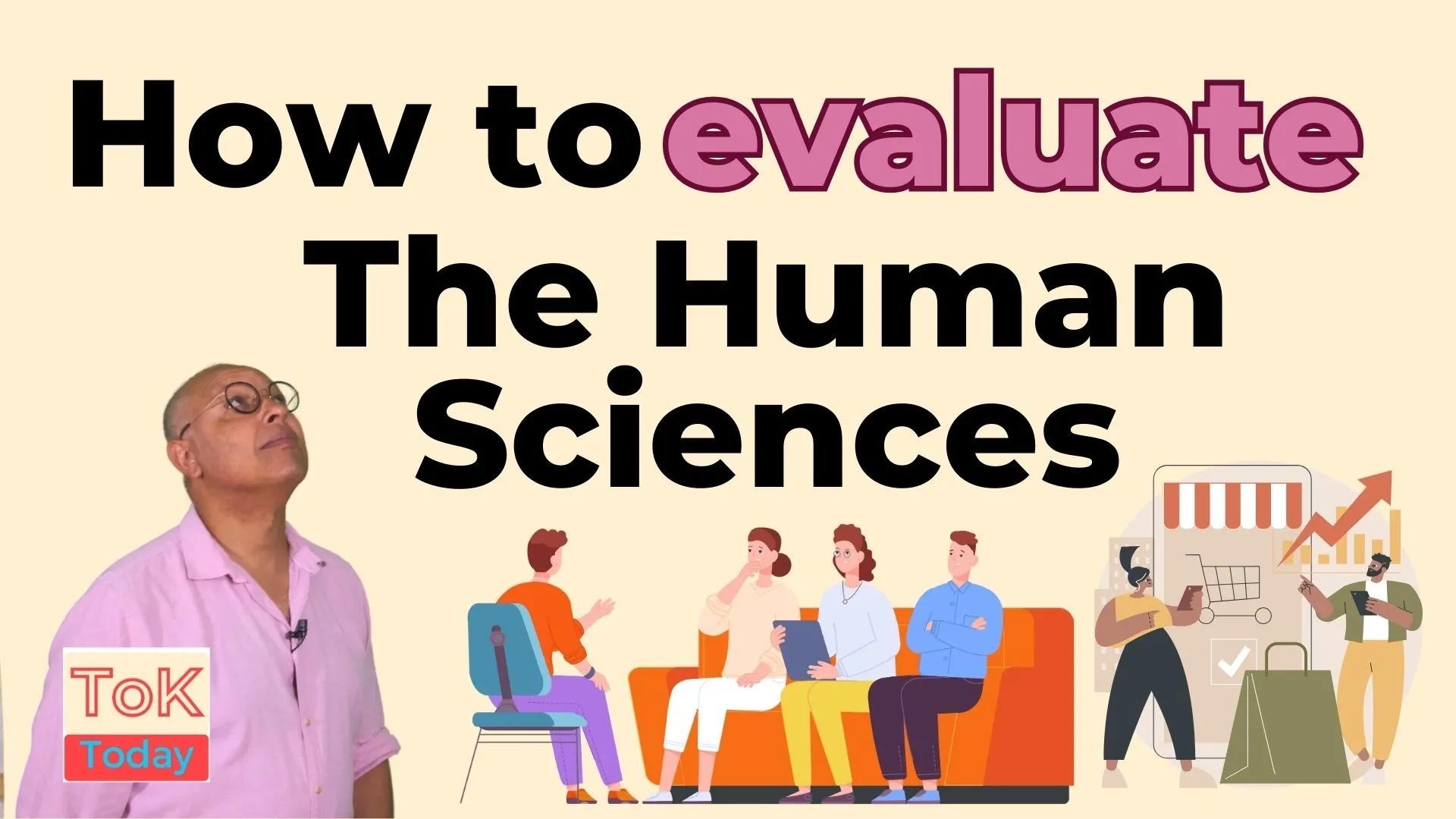
How to evaluate AoK Human Sciences
When writing the Theory of Knowledge (ToK) Essay students are asked to evaluate their main knowledge claims.

What is a Knowledge Argument?
Recently, whilst coaching a student on his Theory of Knowledge (ToK) essay, I realised he was unfamiliar with the term “knowledge argument.” He hadn’t encountered the term "knowledge claim" or "knowledge issue" either, which are often used interchangeably.











